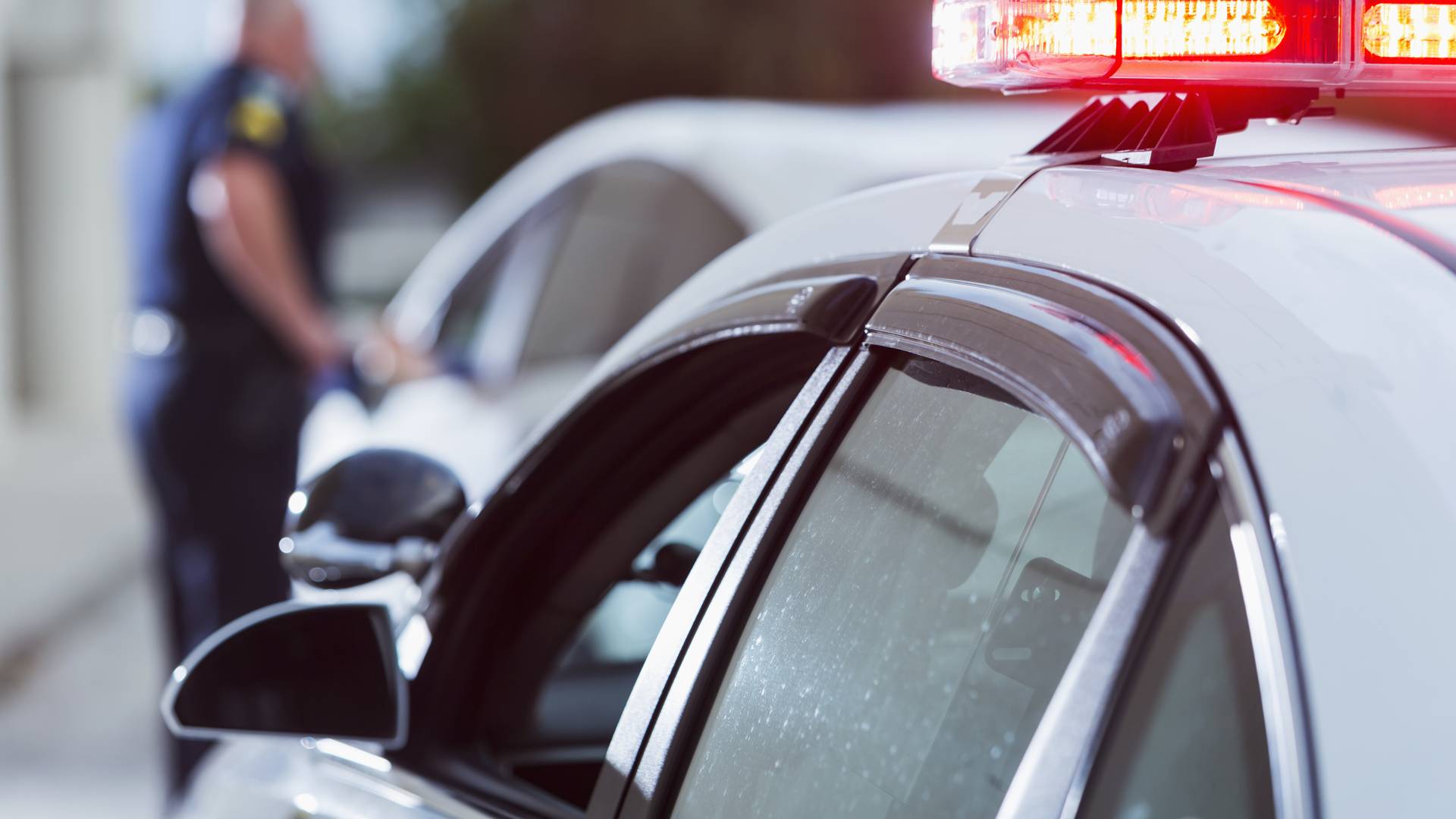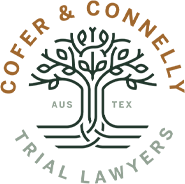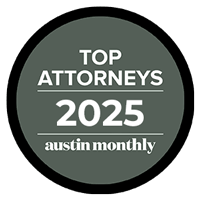Austin Speeding Offense Lawyers
Speeding in Austin means driving faster than the conditions allow. If you’re found guilty, the consequences can be serious, including hefty fines, points on your driving record, and increased insurance rates. Keep reading to understand more about the penalties for speeding, how you can defend against a speeding ticket, and the role an Austin traffic ticket lawyer can play in your case.
Got a speeding ticket? Call Cofer & Connelly, PLLC at (512) 991-0576 or visit us online. Choose us for a tough defense in Texas.
With over 200 years of experience and more than 300 jury trials, we know how to fight for you, reduce penalties, or contest your ticket.
What Is Speeding?
Speeding in Texas means driving faster than what's safe for the current road, weather, or traffic conditions, regardless of the posted speed limit. If you're driving, you must adjust your speed to fit the situation. This includes slowing down for things like curves, intersections, hills, or when the road is narrow or winding. You also need to slow down when there are potential dangers like bad weather or lots of traffic, including pedestrians.
To prove you were speeding, a prosecutor must show that you were driving faster than what would be considered safe under the specific conditions at the time. It doesn't matter what the speed limit sign says if the conditions make it unsafe to drive at that speed. For example, if it's raining hard, you might be required to drive slower than the posted limit. If you're caught driving too fast given the situation, that alone can be enough to say you were speeding.
Speed Limits in Austin
In Austin, Texas, speed limits are tailored to enhance road safety and match local conditions. Residential streets typically have a speed limit of 25 MPH if they are less than 36 feet wide. Major streets within the area, bounded by US 183, SH 71, and Loop 1, usually have limits of 35 MPH or lower. Downtown Austin streets are generally set at 25 MPH, with some busy roads like Guadalupe St. and Lavaca St. capped at 30 MPH. Additionally, on highways numbered by the state or the United States outside urban districts, the limit is typically 70 MPH, though it reduces to 60 MPH on other rural highways. Specific conditions, like school zones and beach areas, have further reduced speeds for safety. Austin Transportation reviews and adjusts these limits based on traffic studies and community needs to support the city's goal to eliminate traffic fatalities.
Speeding Hotspots
In Austin, Texas, certain areas are notorious hotspots for speeding violations, often because of their layout and the flow of traffic. Major highways such as Interstate 35, U.S. Highway 183, and the MoPac Expressway (Loop 1) frequently see high numbers of speeding tickets because of their long stretches of road that encourage faster driving. Additionally, the downtown areas have significant enforcement, especially on streets like South Congress Avenue and Lamar Boulevard where limits are strictly enforced because of heavy pedestrian traffic and frequent commercial activity. Speed enforcement is also vigorous on local roads surrounding the University of Texas at Austin, particularly on Guadalupe Street, known locally as “The Drag,” because of the high density of students and other pedestrians. The Austin Transportation Department actively monitors these areas, implementing strategies to reduce speeding.
What Are the Penalties for Speeding?
The fine for speeding in Texas could be as high as $300 depending on how fast you were going and where. If you speed in Travis County, the fines are typically $10 per mile over speed limit plus court costs. However, if you're speeding in a more sensitive area like a school zone or a construction zone with workers present, the fines are generally doubled.
If you're caught speeding more than once, the penalties can get tougher. For repeated offenses, you might face higher fines, and there's a chance you could even lose your driver's license for a while. In some cases, if you're going way over the limit, it could even be considered reckless driving, which is a more serious offense and comes with harsher penalties.

Our Impact
The Experience and Proven Track Record Your Case Needs
-
200+ Years' Combined Experience
-
95% of Cases Dismissed, Acquitted, or Reduced
-
Thousands of Cases Handled
-
Award-Winning Legal Representation
-
Voted Best Lawyer Five Years in a Row by the Austin Chronicle
-
Former Felony Prosecutors and Judge Defending You

More experience. More strategy. More dedication. At Cofer & Connelly, our team
of seasoned trial lawyers, including former prosecutors and award-winning advocates,
brings over 200 years of combined experience to every case. When everything’s on
the line, we don’t settle—we do more.













